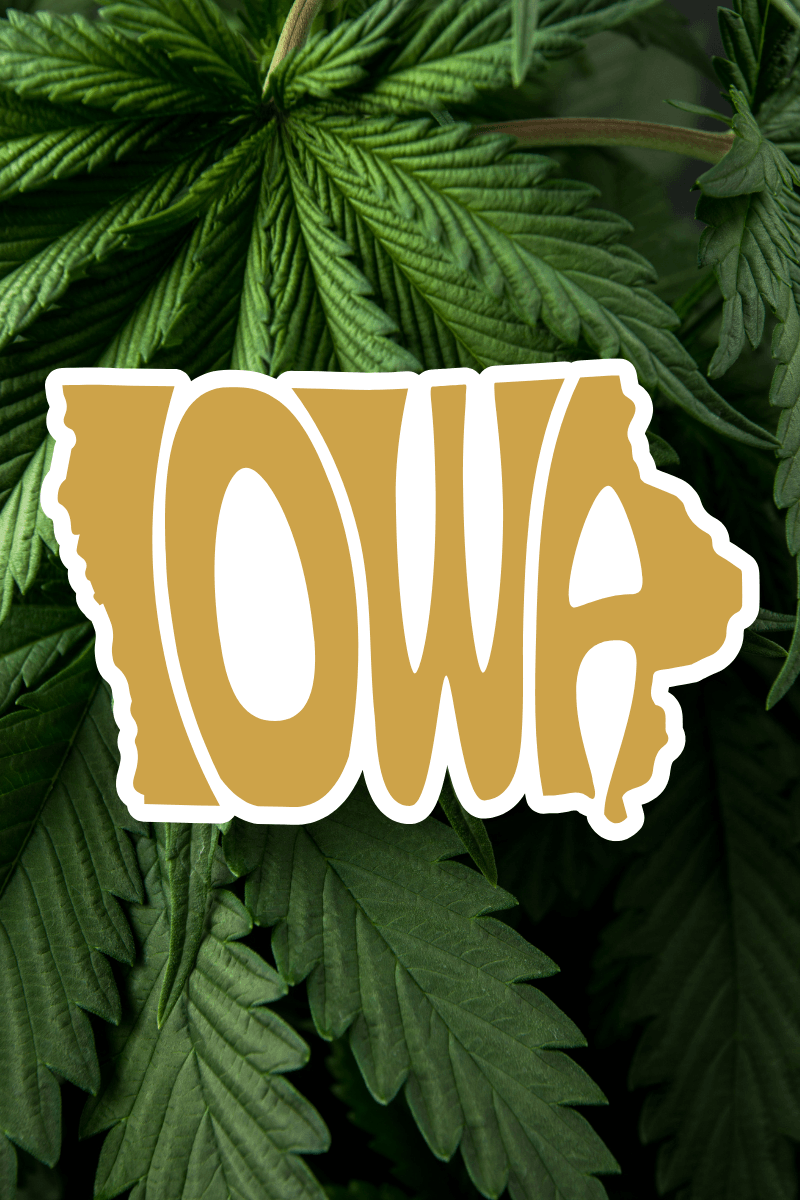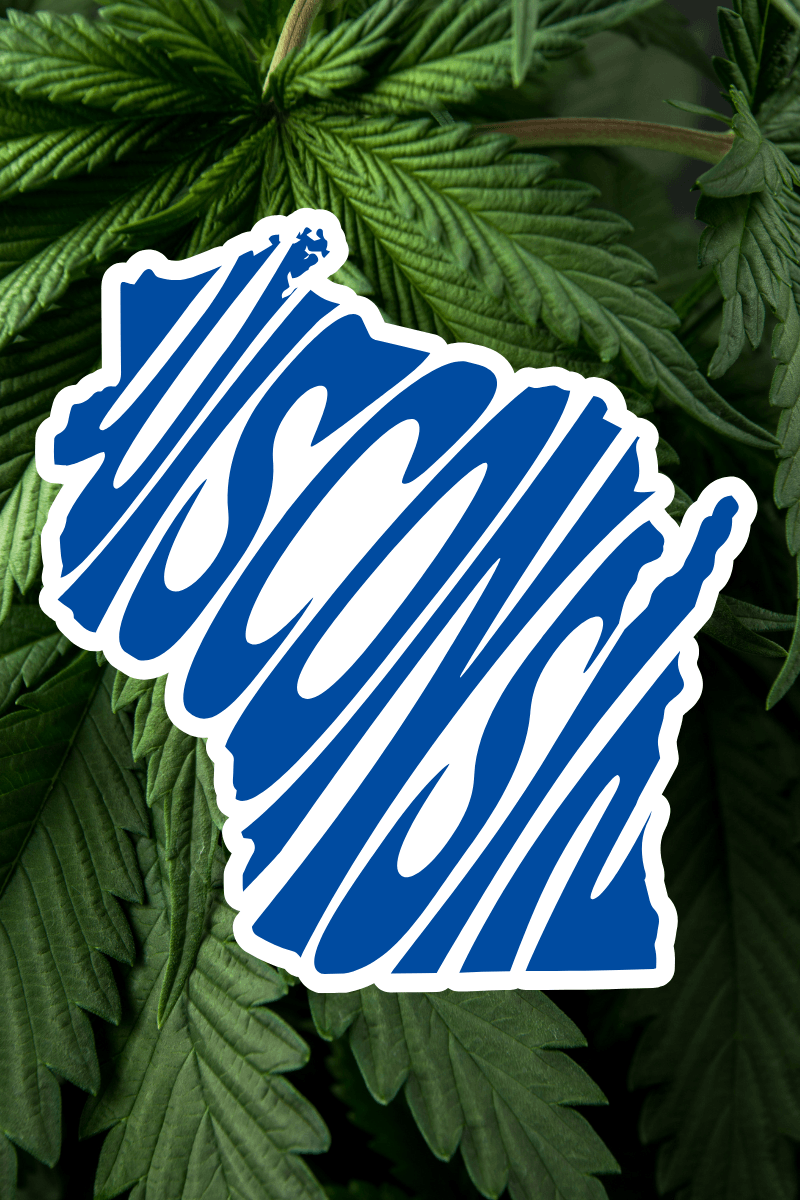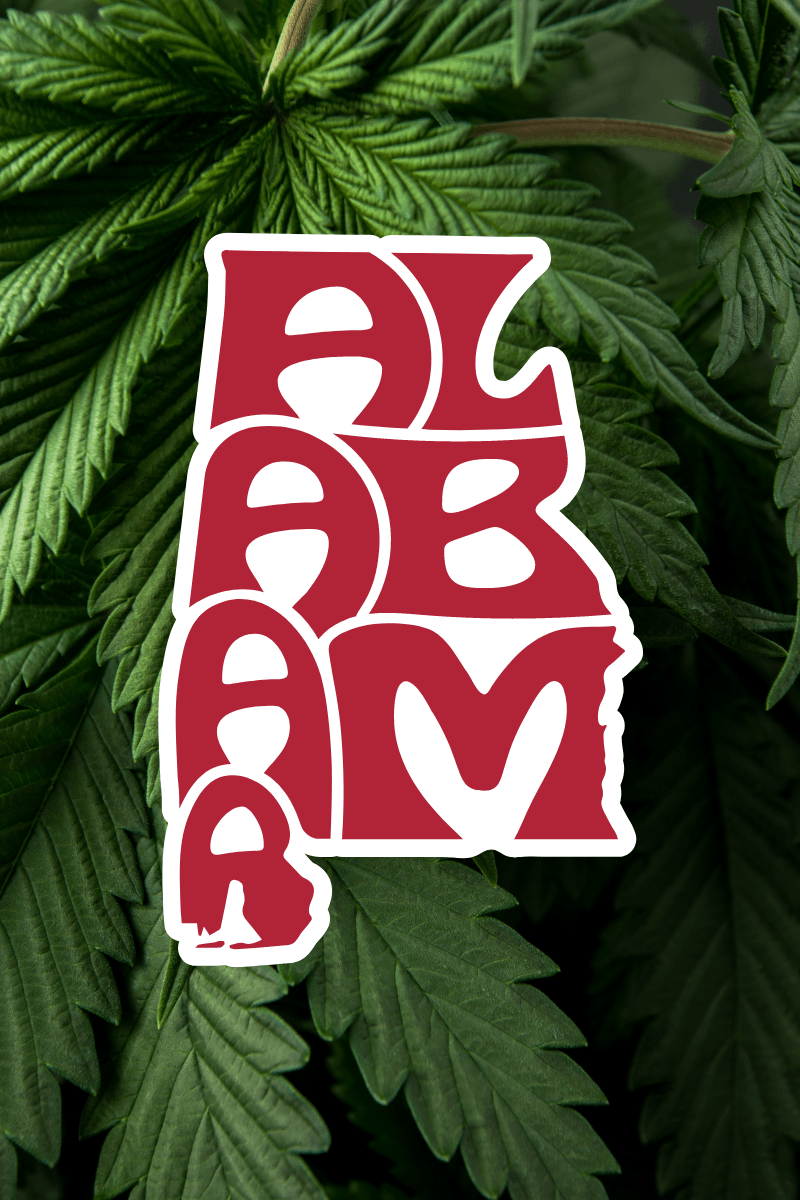There has been a surge of interest in Delta 8, a compound derived from hemp that offers a unique set of effects.
However, as with any cannabinoid, it is essential to be aware of the legal implications before purchasing or using it.
In this article, we will explore the legal status of Delta 8 in Iowa, uncovering the relevant laws, regulations, and potential changes in legislation.
Table of Contents
Understanding Delta 8
Before diving into the legal aspects, let's get a better understanding of Delta 8.
Delta 8 is a minor cannabinoid found in hemp and cannabis plants. Its chemical structure is similar to Delta 9 THC, the compound responsible for the psychoactive effects associated with marijuana.
However, Delta 8 has a milder psychoactive profile, often described as a more relaxed and less intense high compared to Delta 9 THC.
The Legal Status of Delta 8
The legal status of Delta 8 is a complex and evolving issue. In the United States, the legality of Delta 8 varies from state to state. Some states have explicitly banned Delta 8, while others have allowed its sale and consumption. It's important to research and understand the laws in your specific jurisdiction before purchasing or using Delta 8 products.
One of the reasons for the legal ambiguity surrounding Delta 8 is its source. While Delta 8 can be derived from hemp, which is legal under federal law, it can also be synthesized from Delta 9 THC, which is classified as a Schedule I controlled substance. This distinction has led to debates and legal challenges regarding the classification and regulation of Delta 8.
Furthermore, the lack of comprehensive regulations and quality control standards for Delta 8 products raises concerns about product safety and consistency. It's crucial to purchase Delta 8 products from reputable sources that provide third-party lab testing to ensure purity and potency.
In conclusion, Delta 8 is a minor cannabinoid with its own unique properties and potential therapeutic benefits. While it may offer a more relaxed and manageable high compared to Delta 9 THC, it's essential to stay informed about the legal status and regulations surrounding Delta 8 in your area. As research continues to unfold, a clearer understanding of Delta 8's effects and potential applications will emerge.
Federal Laws Regarding Delta 8
At the federal level, the legal status of Delta 8 remains somewhat ambiguous. The 2018 Farm Bill legalized hemp and its derivatives, which includes Delta 8, provided that they contain less than 0.3% Delta 9 THC on a dry weight basis. This legislation was a significant milestone for the hemp industry, as it opened up opportunities for the cultivation, production, and sale of hemp-derived products.
State-by-State Regulations
While federal guidelines set the minimum standard, each state can implement its own regulations. As a result, the legality of Delta 8 can vary from state to state. It is vital to familiarize oneself with the specific laws of the state in question before purchasing or using Delta 8 products.
Some states have embraced Delta 8 and have explicitly legalized its sale and use. These states recognize the potential economic benefits of the hemp industry and have chosen to regulate Delta 8 in a manner similar to other hemp-derived products.
On the other hand, some states have taken a more cautious approach and have either banned Delta 8 outright or placed restrictions on its sale and use. These states may have concerns about the psychoactive effects of Delta 8 or may be waiting for further guidance from federal authorities before making any definitive decisions.
Delta 8 Laws in Iowa
Current Legislation
There are 16 states where Delta 8 is outright illegal. Unfortunately, Iowa is one of them.
While the Delta 8 isn't directly named in legislation, Iowa's regulatory bodies view it as prohibited. This stance starkly differs from the federal stance, where there's no explicit prohibition on hemp-derived products.
Iowa takes a stringent position on cannabis and its derivatives. As per the Iowa state code §124.101 subsections 20, most parts of the marijuana plant are deemed illegal.
There is an exception for certain marijuana-based products, but only if they've been approved by the state, but this is usually for medical purposes.
Penalties for Possession and Distribution
It is important to note that possessing or distributing Delta 8 products in Iowa will result in penalties.
Iowa law enforcement agencies are likely to treat these products similarly to Delta 9 THC products, considering them as controlled substances. Therefore, individuals found in possession of Delta 8 products may face legal consequences.
It is worth mentioning that the penalties for possessing or distributing controlled substances can vary depending on the quantity and intent. Iowa law enforcement agencies take drug offenses seriously and have measures in place to combat the illegal distribution of controlled substances.
Given the evolving nature of Delta 8 regulations, it is advisable for individuals and businesses to consult legal professionals who specialize in cannabis law to ensure compliance with state and federal regulations. Staying informed and proactive can help navigate the complex legal landscape surrounding Delta 8 in Iowa.
The Future of Delta 8 in Iowa
Potential Changes in Legislation
Given the evolving nature of cannabis regulations, it is possible that Iowa may change their stance on Delta 8 and other hemp-derived cannabinoids in the future.
As the popularity of Delta 8 continues to grow, lawmakers may assess the need for more detailed regulations to ensure consumer safety and product quality.
Advocacy for Legalization
Advocacy groups and individuals may also play a role in shaping the future of Delta 8 in Iowa. They can work towards raising awareness and promoting responsible use by engaging with policymakers and advocating for clear and reasonable regulations.
Conclusion
The legal status of Delta 8 in Iowa is clear: It's illegal.





Leave a comment
This site is protected by hCaptcha and the hCaptcha Privacy Policy and Terms of Service apply.